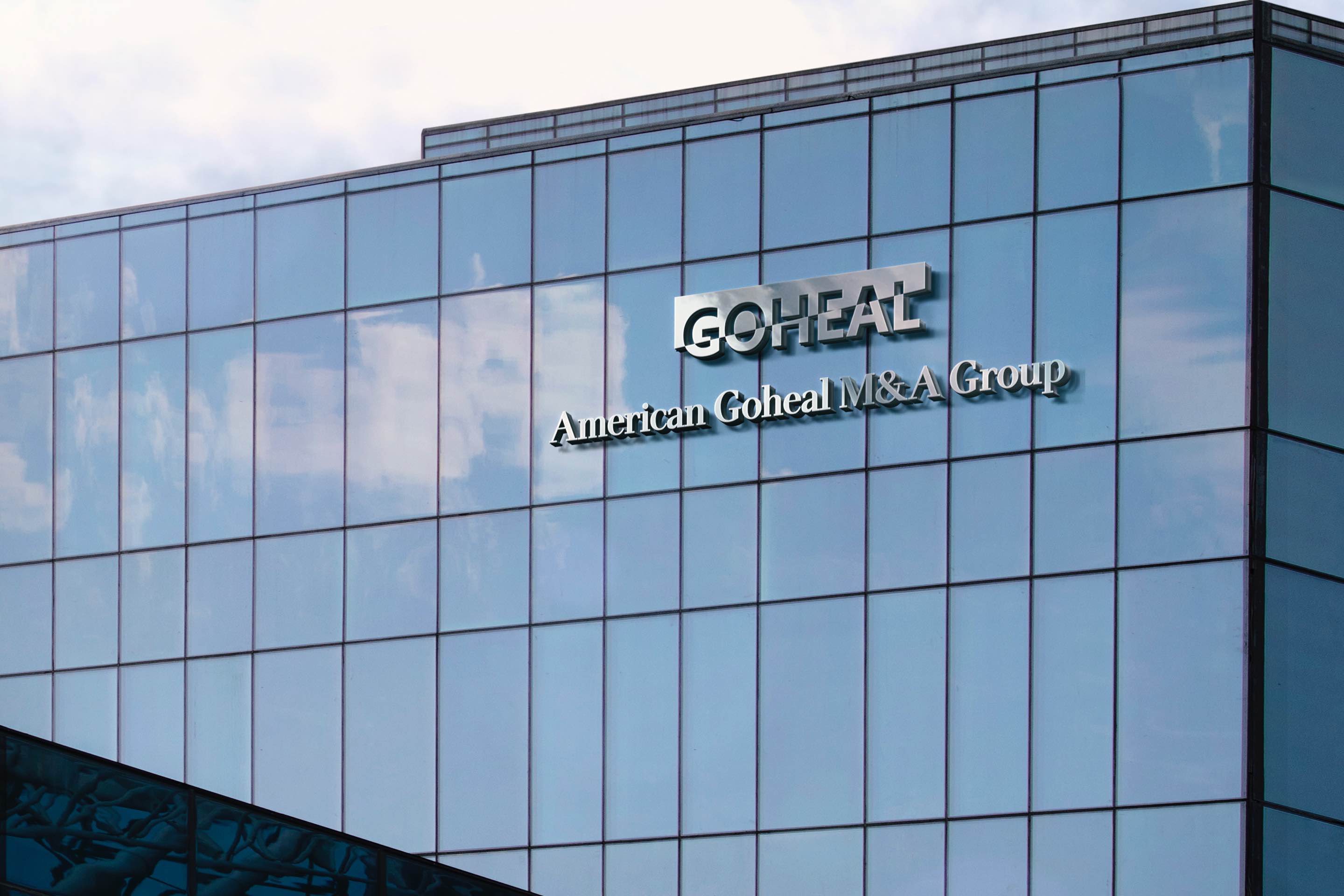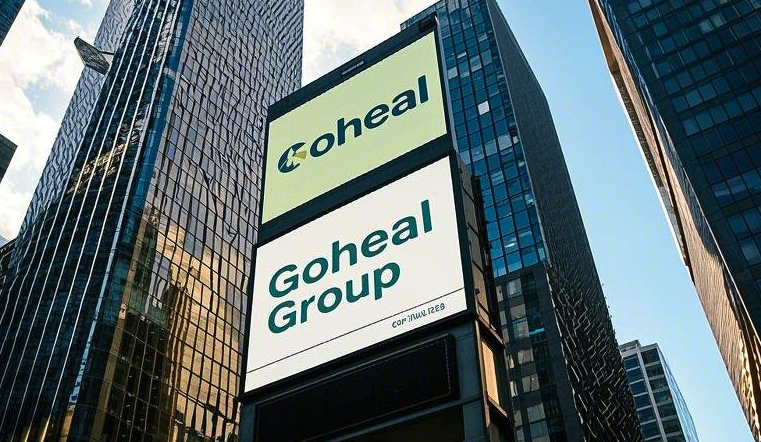"Multiplication is not born from addition, but from thinking." This is an era where even thinking models are constantly being reconstructed.
In the past, the formula for capital operation was very simple: a high-quality asset + a precise merger and acquisition = company growth. But under the impact of the digital economy, listed companies are no longer satisfied with the stability of "addition". What they want is leverage, synergy, aggregation and exponential amplification - the qualitative change of growth brought about by the logic of multiplication.
As Sun Tzu's Art of War said: "Power is to control power based on profit." Driven by the wave of digitalization, the essence of "power" has changed from physical assets to data assets, from scale to algorithms, and from linear growth to exponential superposition. Capital operation has also undergone earth-shaking changes.
At the beginning of 2025, many listed companies took AI computing centers, data platforms, algorithm engines, etc. as merger targets, trying to build a new collaborative path and leverage the power of data to drive the growth flywheel. Behind this, a deep transformation of capital logic is quietly taking place.
Goheal pointed out in his latest report that compared with traditional mergers and acquisitions that focus on financial synergy, today's capital operation is more like a new game of "algorithm + ecology": not A+B, but A×B.

American Goheal M&A Group
So, in this new capital game, who is the operator and who is the player? Is the "multiplication thinking" of capital a vent or a trap?
Take the "ByteDance" model as an example: ByteDance has completed the transition from a content distribution platform to an algorithm business empire through the strategic acquisition of AI technology teams and the deep integration of data platforms. This multiplication formula of "content×algorithm×traffic×commercialization" allows it to achieve a closed business loop far beyond its peers.
The key to this multiplication model lies in two points: first, the synergy effect is not an after-the-fact calculation, but a pre-design; second, the capital tool itself is redefined, no longer just financing and mergers and acquisitions, but becomes part of the data closed loop.
Goheal summarized a trend in multiple technology mergers and acquisitions projects: the higher the degree of integration of technology, data and capital, the more amplifying the synergy ability. However, traditional classic financial tools such as cash flow estimation and EBITDA model seem "stretched" in digital projects.
The digital economy brings not only efficiency, but also new uncertainties. For example, after a leading industrial automation listed company acquired a data platform company in 2024, it failed to clarify the data compliance boundaries in the early stage, and ended up in a compliance quagmire, resulting in a halving of its stock price and a market value evaporation of 10 billion. This reminds us that although the multiplication effect is good, it also has the attribute of amplifying risks.
How to balance "synergy fantasy" and "financial reality"? Goheal puts forward a unique point of view: digital mergers and acquisitions are more like "programmed strategic games", which require the introduction of digital twins, AI predictions, data sandboxes and other pre-tools from the beginning of strategic modeling, to rehearse the collaborative path in advance and improve the efficiency of post-merger integration.
Not only that, Goheal also observed that more and more listed companies have begun to incubate "data capital teams" internally, drawing compound talents from finance, human resources, IT, strategy and other departments to form a cross-border middle platform to support the full launch of the "digital capital campaign".
The way the capital market plays is also undergoing structural changes.
In the past, investors valued cash flow and gross profit margin, but now they value data synergy and algorithm learning ability. A company that does not have data operation capabilities may be labeled as "low potential" by capital, no matter how profitable it is.
Just like the SKU model in the e-commerce era was replaced by the recommendation algorithm, the underlying value assessment method of the capital market is also being recoded. Companies are not competing on "asset volume", but on "data volume × algorithm efficiency".
In 2025, data capital operation will no longer be an "ancillary option", but will be directly embedded in the strategic main line.
From Didi's investment in the autonomous driving company Apollo, to Microsoft's increase in OpenAI, to Alibaba's strategic investment in "Quark Search", we can see that "data sovereignty" + "algorithm synergy" has become the keyword for a new round of capital operation.
Especially under the dual-wheel drive background of "dual carbon" and "trust innovation", "large model acquisitions" have emerged in the fields of energy, manufacturing, government affairs, etc., trying to achieve a leap from traditional industries to "smart ecology" through algorithms and data.
In this wave, Goheal is also constantly expanding its "intelligent M&A engine" capabilities, using AI as the core to establish industry knowledge graphs, M&A model templates, and collaborative prediction systems to help companies grasp the optimal solution in uncertainty.
Capital is no longer just capital.
It has become able to "think", "predict", and "coordinate". It is more like a system with behavioral logic that can be trained, simulated, and optimized.
Therefore, those listed companies that still use capital operations as financial tools are likely to be "marginalized" in this new round of games. And those companies that dare to reconstruct their organizational structure and integrate AI capabilities will not only be accelerated, but also "exponentially leap".
The capital market in 2025 is like a data chess game. Experts no longer compete in "chess strength", but in "computing power".
This is not a trend, nor a concept. This is a change in the underlying logic and a paradigm shift in the capital world.
So the question is: Is your company still doing "additive mergers and acquisitions"? Or has it started to build a "multiplicative growth engine"?

Goheal Group
Do you have the ability to make capital part of your algorithm strategy? Do you have a "data brain" that can predict the synergy chain? Do you really understand the rules of the game in the digital age in capital operation?
Welcome to share your observations and thoughts in the message area, and welcome entrepreneurs to discuss with us the evolutionary formula of "capital × number".
This is Goheal, willing to unveil the future script of capital multiplication with you.
[About Goheal] Goheal is a leading investment holding company focusing on global mergers and acquisitions, deeply cultivating the three core business areas of listed company control acquisition, listed company mergers and acquisitions and restructuring, and listed company capital operation. With deep professional strength and rich experience, it provides enterprises with full life cycle services from mergers and acquisitions to restructuring and capital operation, aiming to maximize corporate value and long-term benefit growth.